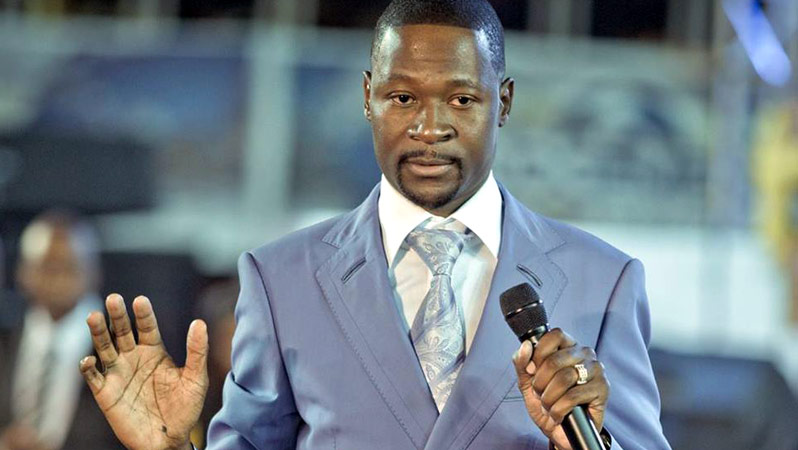
Brian Chitemba ZIMBABWE has been stuck in an economic quagmire for two decades. The attendant results of a moribund economy include a broken social fabric with multifaceted outcomes. In rebuilding efforts, the state plays a leading role in stabilising prices of goods and services, which are spiralling out of control, throwing millions into extreme poverty.
The state has an obligation to create jobs and an enabling environment for businesses to flourish. When President Emmerson Mnangagwa took over power in November 2017, he adopted a “jobs, jobs, jobs” mantra, as he promised desperate Zimbabweans a new lease of life. Disappointingly, the second republic is dismally failing to stabilise the economy. There are no jobs and thousands of university graduates have been forced into vending.

Where are the jobs that Mnangagwa promised the nation? In fact, recent reports show that there is an increase in job losses in banking, manufacturing and services sectors as companies fail to cope with the harsh economic environment.
Amidst the job carnage, the United Family International Church charismatic leader Emmanuel Makandiwa recently told Mnangagwa what he wanted to hear, namely that it’s not the government’s responsibility to create jobs. But this angered a huge section of Zimbabweans, most of who are living as economic refugees in neighbouring countries. This raised interrogations around the relationship between the church and state.
Zimbabwe is predominantly a Christian nation with an estimated 85% of the population subscribing to that faith. Globally, there are about 2,4 billion Christians. Thus, the church is a strategic actor on key issues, especially socioeconomic and political.
But worryingly, the church-state relationship in Zimbabwe has proved to be a horse-rider association as ruling elites exploit the church for political excesses. With elections coming in 2023, the church is a significant constituency which politicians can instrumentalise for votes.
While Makandiwa acknowledged some positives achieved by Mnangagwa, ignoring areas that require urgent redress cannot go without criticism. This is not being a Zimbo-pessimist but that’s objectivity.
Zimbabweans are battling high prices of goods and services. Currency volatilities are ravaging. The Zanu PF government is failing as service delivery is deteriorating despite 42 years of independence.
- Chamisa under fire over US$120K donation
- Mavhunga puts DeMbare into Chibuku quarterfinals
- Pension funds bet on Cabora Bassa oilfields
- Councils defy govt fire tender directive
Keep Reading
The church has a duty to tell secular leaders to do a reality check and address issues that affect human needs.
But the church in Zimbabwe lacks the hermeneutical skills to promote human dignity. South Africa’s late Desmond Tutu played that role against apartheid.

Unfortunately, the church is compromised as few or non-church leaders have the spoken truth to power. The “Thus sayeth the Lord” rebuke against oppression by autocratic leaders has faded.
It’s unprofitable for church leaders such as Makandiwa to endorse illiberal democracy and extreme poverty affecting the masses.
Zimbabwe’s full-blown economic crisis urgently requires lasting solutions to allow workers to make ends meet, develop a savings culture while infrastructure and health facilities must be improved.











